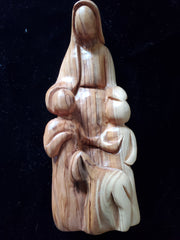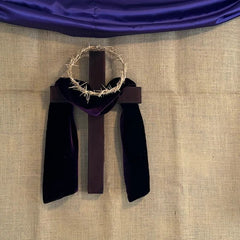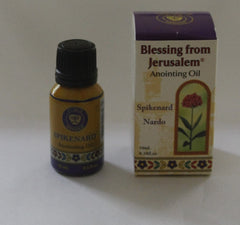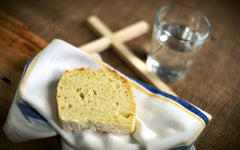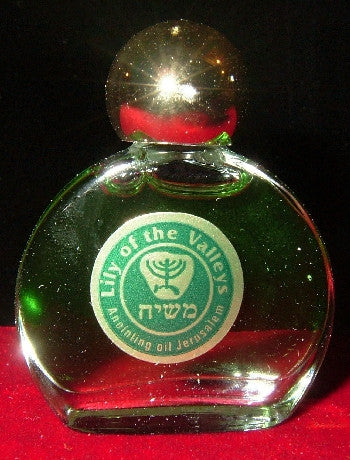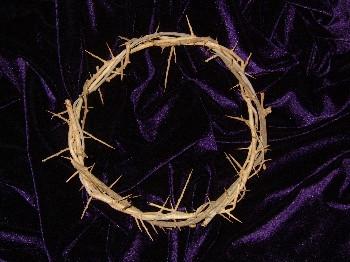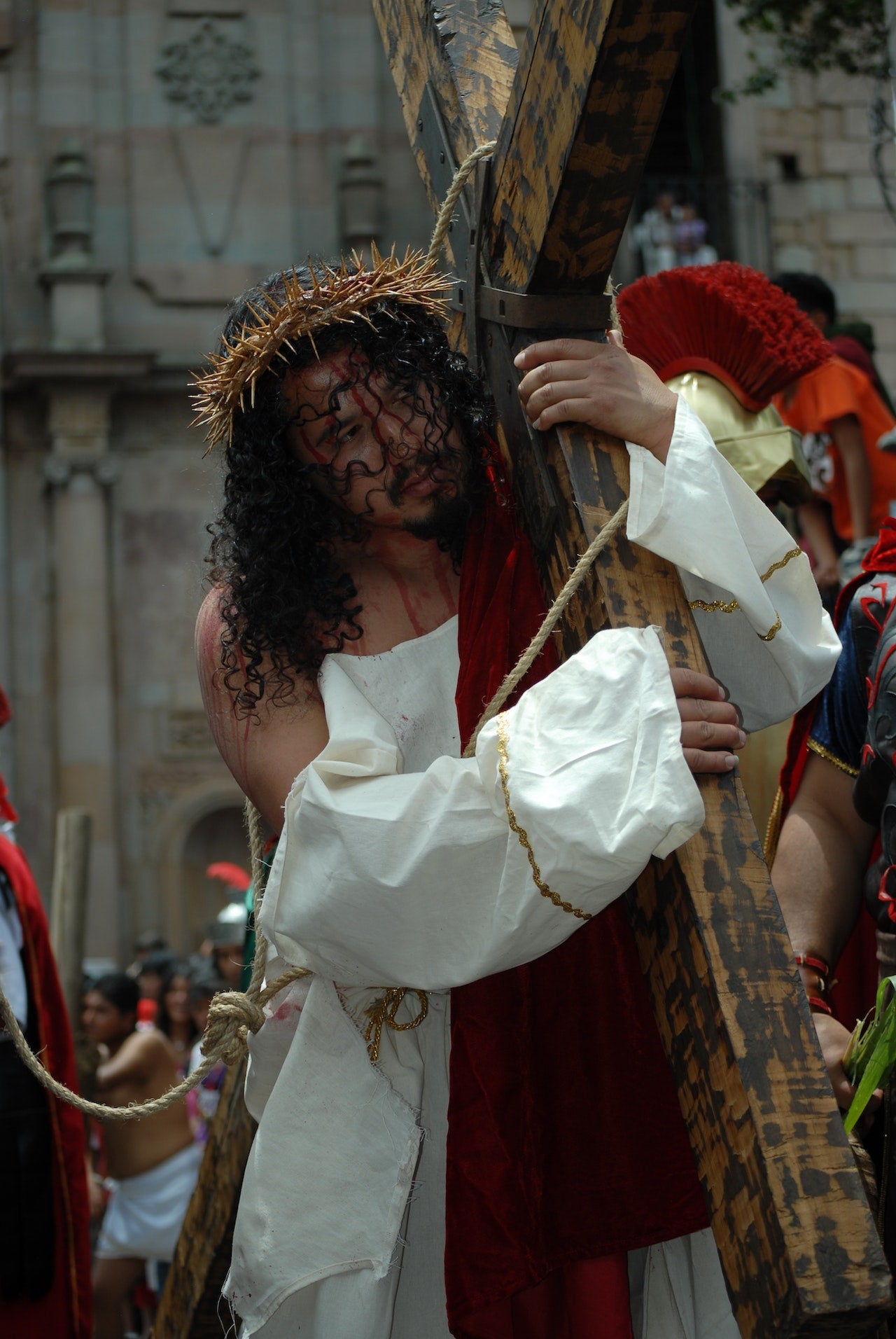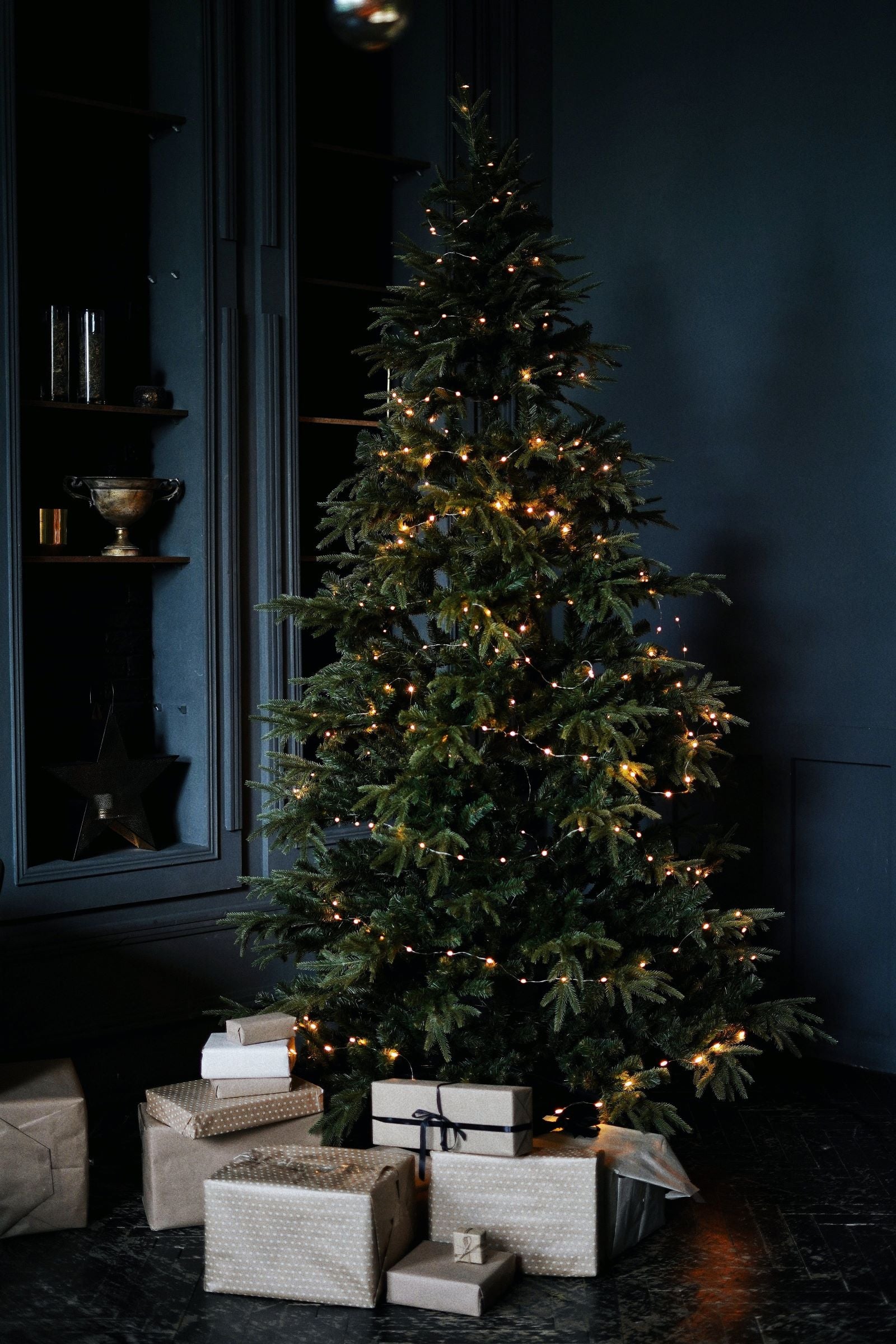
Yes, you can celebrate together.
Christmas is a special time of year for Christians around the world. Christmas is a time to celebrate the birth of Jesus Christ and remember the teachings of the Bible. Christmas traditions vary from country to country, but many of the same customs are shared by Christians everywhere. Common Christmas traditions include:
- Decorating the home with lights and evergreen trees.
- Exchanging gifts.
- Attending church services.
- Gathering with family and friends.
Many Christians celebrate the season with special meals, caroling, and other activities. Christmas is a time of joy, reflection, and a reminder of the importance of faith and family. Read on and affirm the faith in non-secular diversity.
Old prophecy and the New Testament both resound as one.
It is also the most commonly accepted and retold story of all time. The immaculate conception within Mary. How she and her husband, Joseph, according to the Gospel of Luke 2:2, traveled from Nazareth to Bethlehem upon the decree of Caesar to participate in the tax census. Close to childbirth, as scribed in a prophecy given in Micah 5:2-3, "speaks of the Messiah being born in Bethlehem:
"But you, Bethlehem Ephrathah, Though you are little among the thousands of Judah, Yet out of you shall come forth to Me The One to be Ruler in Israel, Whose goings forth are from old, From everlasting." taken from: https://www.artzabox.com", it was such that because of the hugely populated pilgrimage, they could not find suitable accommodations and opted to take rest in a stable or as some would rather believe a cavern. The story, as we all know, unfolds to the birth of Christ, the angels announcing the heralded event, and all, with the sight of the guiding light in the sky, came to witness the glory that was the King of all Kings.
The solemnity and mystery of Hanukkah

Known by the common name, The Festival of Lights, Hannukah is celebrated for a total of 8 days. On the Jewish calendar, the holiday is observed between the 25th of Kislev and the 2nd of Tevet (depending on the calendar year, the eight days can fall on any eight days in November or December). The holiday commemorates the rededication of the Second Temple in Jerusalem after the Syrian-Greeks desecrated it in the 2nd century BCE.
The story of Hanukkah begins with the Maccabees, a small group of Jewish warriors who fought against the Syrian Greeks in the 2nd century BCE. The Maccabees were victorious in their fight and were able to reclaim the Second Temple in Jerusalem. When they entered the temple, they found that it had been desecrated and that all the sacred oil used to light the menorah had been destroyed. The Maccabees searched for a small jar of pure oil that was still sealed with the seal of the High Priest.
Miraculously, they found one jar of oil that was enough to light the menorah for one day. However, it would take eight days to make more oil. The Maccabees lit the menorah with one jar of oil, miraculously lasting for eight days. This miracle is celebrated each year during Hanukkah.
Today, Hanukkah is celebrated by lighting the menorah each night for eight days. The menorah is lit with special candles called Hanukkah candles. One more candle is lit on each night of Hanukkah until all eight candles are lit on the eighth night.
During the holiday, people also exchange gifts, play games, and eat traditional foods such as latkes and sufganiyot. Hanukkah is a time for celebration and joy. It is a time to remember the miracle of the Maccabees and celebrate the Jewish people's freedom.
As seen in a different light
The holiday season is a time of joy and celebration for many worldwide. For some, it is a time to celebrate the religious holidays of Christmas and Hanukkah. While these two holidays are celebrated by different religions, they have a surprising amount of overlap. Hanukkah, also known as the Festival of Lights, is celebrated for eight days. The holiday celebrates the rededication of the Second Temple in Jerusalem.
As noted above, it is celebrated by lighting a menorah, eating traditional foods, and exchanging gifts. Christmas, on the other hand, is a "claimed" Christian holiday that celebrates the birth of Jesus Christ. It is celebrated by decorating a Christmas tree, a tradition that began in 1510 in Latvia, exchanging gifts, and attending church services.
Despite the differences in their religious origins, there are many similarities between Hanukkah and Christmas.
- Both holidays involve gift-giving, decorations, and special foods. Both holidays also involve lighting candles or lamps, although the menorah is lit for Hanukkah, and the Christmas tree is lit for Christmas. The most apparent connection between Hanukkah and Christmas is the timing of the holidays.
- Both holidays occur in December, and in some years, they overlap. This has led to the popularization of the term "Chrismukkah" to describe the combination of the two holidays. The overlap of Hanukkah and Christmas has led to a blending of the two holidays in some families.
- Some families celebrate both holidays, while others combine elements of both holidays into one celebration. For example, some families may decorate a Christmas tree and light a menorah or exchange gifts during Hanukkah and Christmas.
No matter how you choose to celebrate, Hanukkah and Christmas are special holidays that bring joy and light to the world. Whether you celebrate one or both, the connection between the two holidays is a most revered time to gather with friends, family, and community and reflect upon the glory of the greatest gift of all and, perhaps, the most incredible story ever told.

